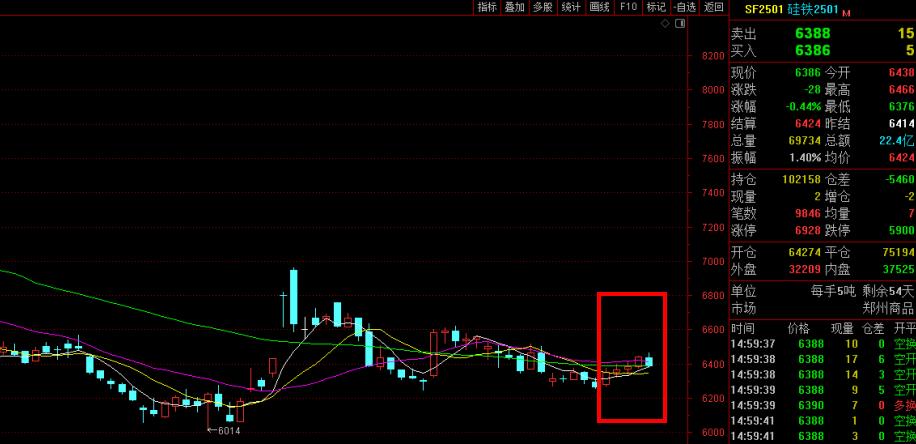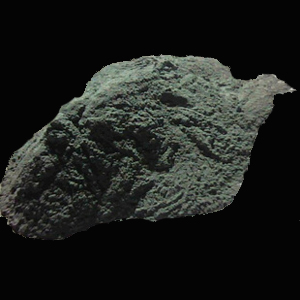[Ferro-Alloys.com] South Africa’s exported bulk mineral tonnages have dropped to their lowest level since the Covid-19 lockdown in the first half of 2020, with rail, port and border constraints negatively affecting users of these State-owned services, causing exporters and the country to miss the full benefits of the current high commodity price cycle, industry body Minerals Council South Africa says.
It notes that the constraints on exports of coal, chrome, iron-ore and manganese are a continuation of the difficulties mining companies and traders experienced during 2021, when they experienced an opportunity cost of R35-billion if delivered tonnages are measured against targets set by rail operator Transnet, and a R50-billion opportunity cost if deliveries are measured against the capacity of the rail and port infrastructure and rolling stock.
“If there is no change or urgent intervention to address the logistical bottlenecks, the mining industry is likely to incur similar opportunity costs this year, if not surpassing historical losses,” says Minerals Council chief economist Henk Langenhoven.
Bulk mineral exports in April were at the lowest monthly level since 2016 if the Covid-19-related economic shutdown from March 2020 is excluded.
“The rail and port logistics bottlenecks are having a big impact on South Africa’s mineral exports. This worrying trend, which shows no signs of slowing or reversing, underscores the urgency for high-level intervention on the rail network and our ports to stabilise them, return them to productivity and meet design capacity.
“Only having achieved the latter can we realistically talk about implementing growth projects so the bulk commodity mines can expand,” says Langenhoven.
“Currently, better commodity prices are compensating for underperforming export volumes but the price cycle may reverse, or volumes may deteriorate to such a degree that it negates the price windfall,” he adds.
In the four months to April 30, iron-ore export volumes were 7% lower year-on-year, with the value of sales down by 25%.
Similarly, production was 14% below that of a year ago.
Thermal coal export tonnages were just 8% higher, meaning companies, traders and the fiscus have not fully realised the 150% improvement in coal prices if capacity existed to increase volumes. Production was nearly 3% lower, the council points out.
It adds that chrome export tonnages were flat, at 0.4% below those of a year earlier, while the value of exports climbed by 14%.
Production nudged up 2.2%. Producers continue to use trucks to export chrome through Mozambique’s Maputo port, the council points out.
Manganese exports grew by 6% against a 23% increase in value. Production was down by 2%. Crime has recently started to influence tonnages transported on rail, which the council says is concerning.
The Minerals Council says its leadership is engaged in high-level talks with Transnet’s senior executives and management about the constraints it is dealing with, and how best the mining industry can assist to resolve these challenges.
There are also talks about specific commodities and their associated rail and port links between the council, relevant member companies and Transnet to find solutions in a collaborative manner.
The Minerals Council and Transnet are in regular contact with Cabinet Ministers and the government’s security cluster to address the sourcing of spares for about 200 locomotives and to tackle crime on the rail network respectively, the council says.
It highlights that the coal industry has invested more than R100-million on security interventions that have proved effective in considerably reducing the number of security incidents on the COALlink network.
Chrome, iron-ore and manganese miners are in talks with Transnet about extending the private security and technology initiatives to their rail corridors to combat crime that is disrupting exports, the council says.
- [Editor:tianyawei]



 Save
Save Print
Print Daily News
Daily News Research
Research Magazine
Magazine Company Database
Company Database Customized Database
Customized Database Conferences
Conferences Advertisement
Advertisement Trade
Trade

















Tell Us What You Think